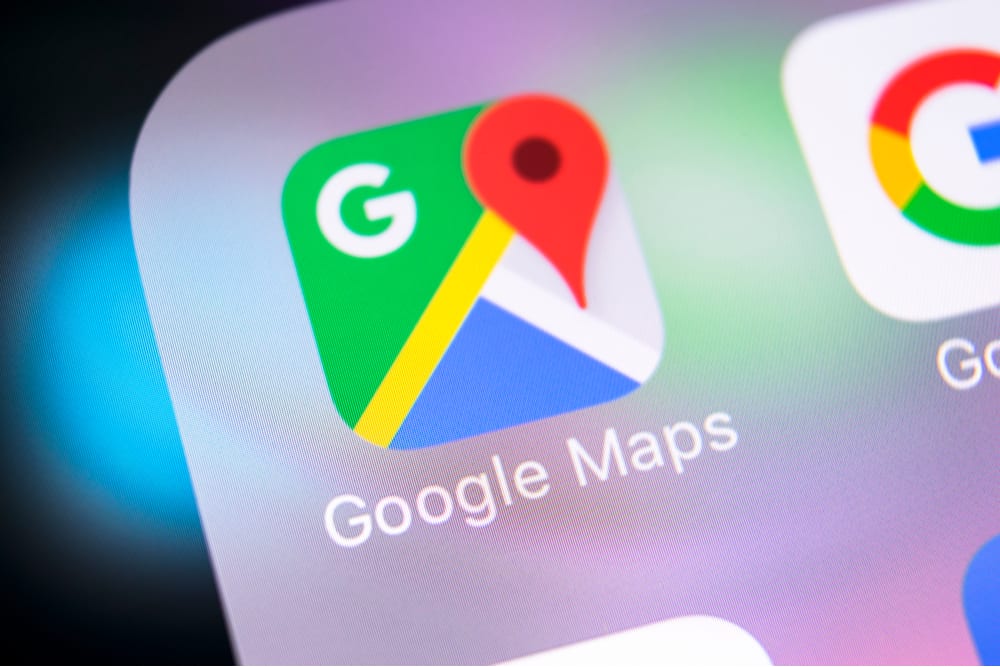South Korea has delayed a decision on whether to grant Google permission to export local map data, extending the review period by 60 days amid ongoing trade discussions with the United States, according to Reuters. The Ministry of Land, Infrastructure and Transport announced Friday that the National Geographic Information Institute would give Google more time to propose measures addressing national security concerns.
